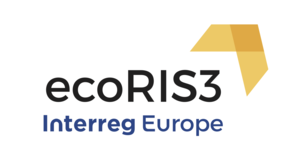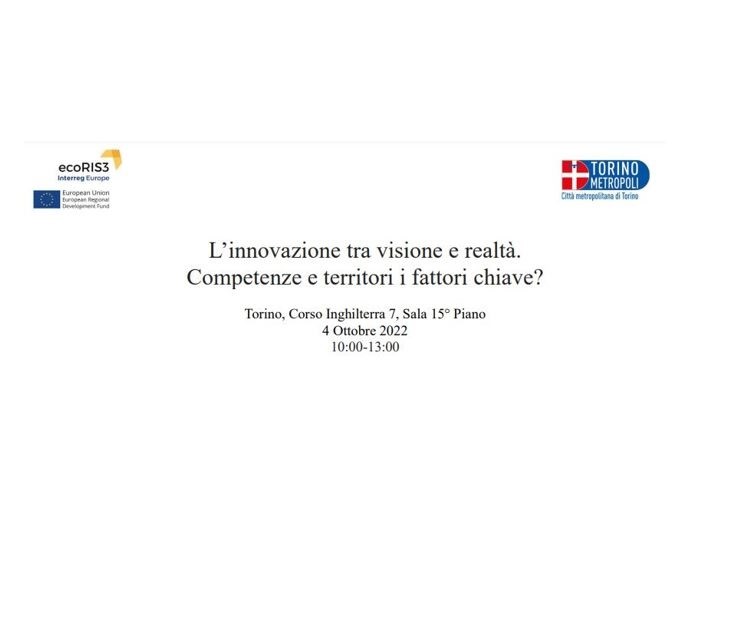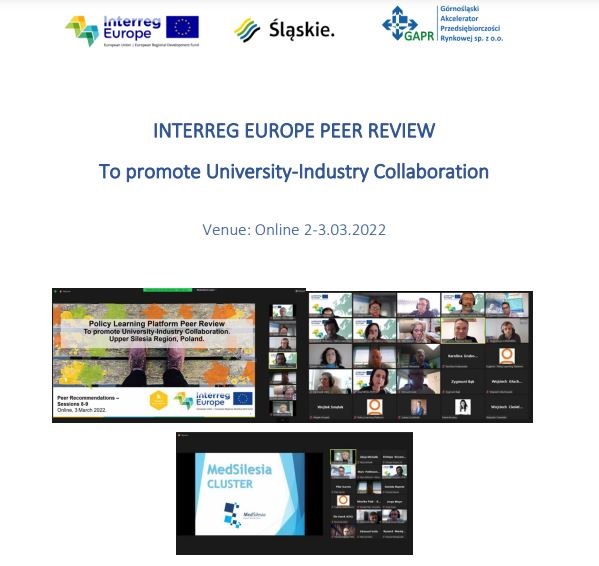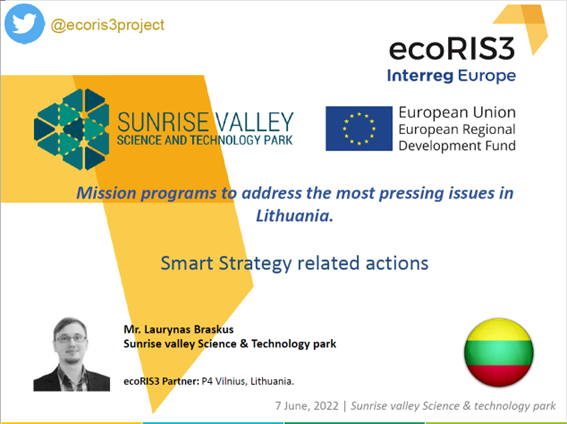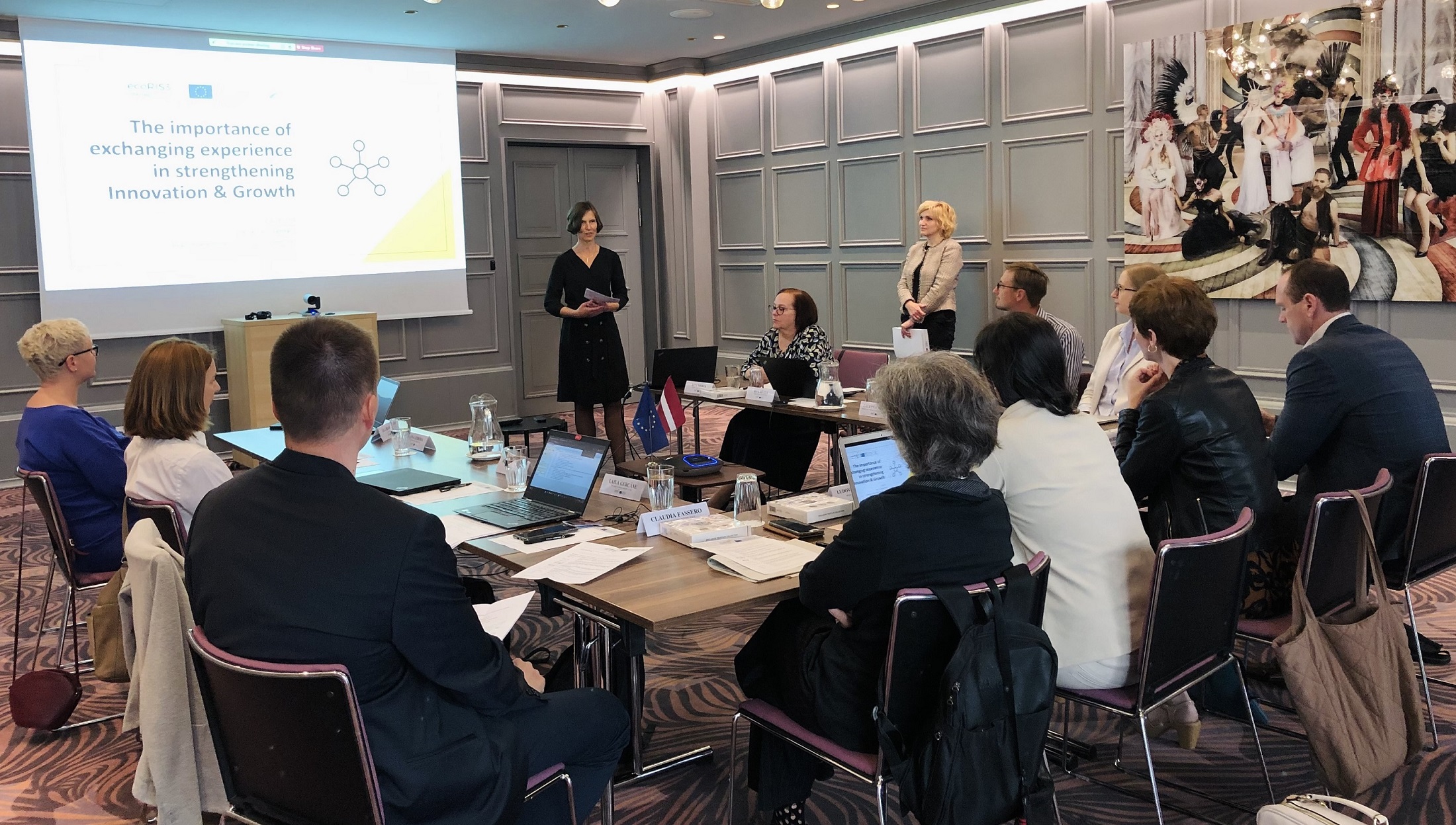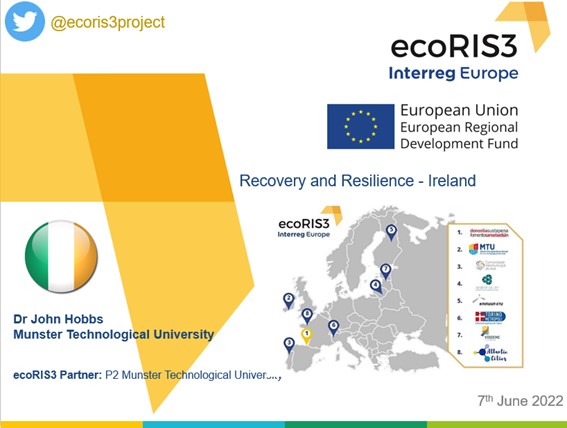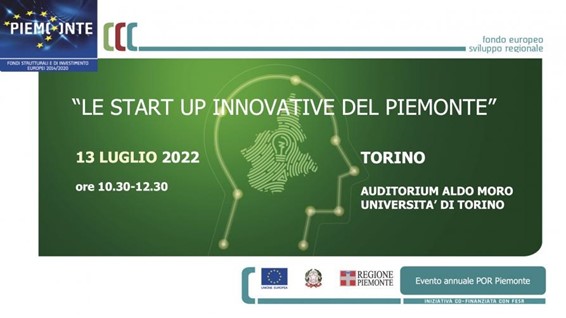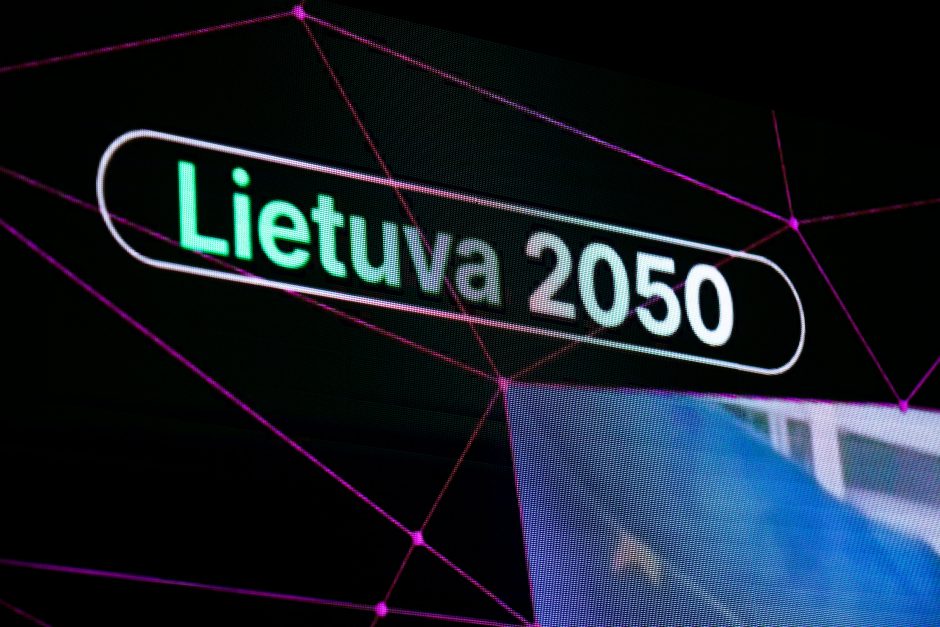"eHealth & Ecosystem” International Seminar, held on the 19th of June, is the second seminar of the ecoRIS3 project focusing on key issues related to Smart Specialization Strategies. The event was organized by the Metropolitan City of Turin with the support of main actors of the Piedmontese healthcare ecosystem, who contributed actively to the organization of the event with their expertise, including the Business Incubator of the University of Turin 2i3T, the Piedmont Region, the University of Turin, the Bioindustry Park, the I3P Polytechnic University incubator, the ASL TO3, the Csi Piemonte, the Top-ix consortium.

Molecular Biotechnology Center of the University of Turin located in via Nizza 52
The Metropolitan Councilor Dimitri De Vita opened the working session explaining that «ecoRIS3 is an experimental project aiming to transfer knowledge from the research to the business world. As a Metropolitan Area we are moving on two fronts: one is creating spaces for companies within the universities, in order to assure direct access to laboratories and university knowledge; the other front is facilitating funding for technology transfer from start-ups and universities to the world of traditional enterprises. By this logic, the focus on ICT in healthcare is important because healthcare is now 70% of regional expenditure: spreading telemedicine, telemonitoring, remote assistance, electronic medical records means, in the long term, economical saving as well as quality of services for the citizens». 
Dimitri De Vita, Councilor of the Metropolitan City of Turin, during his welcome speech.
After the presentation of the ecoRIS3 project, representatives of the Piedmont Region, Ing. Zezza and Dr. Ripa, presented the Piedmontese framework of the innovation challenges from the point of view of the Smart Specialization Strategies and more precisely focused on the healthcare system. The weaknesses, the needs and the responses of programming in terms of digital health were examined; identifying as one of the main risks the resistance to change; while putting the citizen in the center of the programming, managing chronicity, dematerialization of processes were quoted among the needs.

Round table “Developing eHealth communities/services”
Prof. Boella of the University of Turin coordinated the round table “Developing eHealth communities/services”, discussing the importance of processes with Dr. Presutti from the Local Sanitation Agency ASL TO3, the fragmentation of the software houses system and of the health ecosystem as a whole with Dra. Gaveglio from the Information System Consortium CSI Piemonte, the necessity and difficulty of creating a capillary network infrastructure with Dr. Camiciotti from the TOP-IX consortium and therefore the importance of cross-border cooperation and data management.
Dr. Conicella coordinated the following round table focused on innovation in healthcare, regarding the role of SMEs and startups. Stakeholders invited by the project partners contributed to the discussion, thus allowing to analyze the topic from a European point of view. Dr. Almeida from the Portuguese National Innovation Agency highlighted among the main innovation constraints the compliance of legislation. From Dr. Marcus Simon (CIC BIOMAGUNE) emerged the recommendation, for enterprises, to focus on real needs and not immediately on "market" products. Innovation in the health sector requires great efforts, including cultural ones, aimed not only at patients but also at operators. Not only companies must therefore be the engine of innovation but also the public sector; in this regard, Dr. Markus Leinonen, representing Kainuun Etu Ltd (Finland) and Dr. Martìn from the Gijon City Council intervened.

Round table “Innovation for Health: Challenges and opportunities”.
The round table and startup presentations - Asparia Glycomics and DIXIT revealed the importance of an ecosystem that supports innovation through the decisions of public actors but also of big enterprises that can contribute to the positioning of innovative products in a marked whose access is often very difficult. Last but not least, it was recalled that SMEs and startups are often guarantors of specialization, fundamental in terms of innovation and access to the market. This concept was also reiterated in the speeches of Prof. Aime and Dr. Ghia, carriers, respectively, of the point of view of the 2i3T incubator of the University of Turin and of the I3P incubator of the Polytechnic University of Turin.
The project partners and their stakeholders had the opportunity to deepen their knowledge of the Piedmontese healthcare innovation ecosystem thanks to two study visits: 19th at the 2i3T incubator and Molecular Biotechnology Center and on the 20th of at the Bioindustry park.

Study visit at Bioindustry Park Silvano Fumero located in Colleretto Giacosa (TO).
For further information or seminar content contact Claudia Fassero [email protected]
